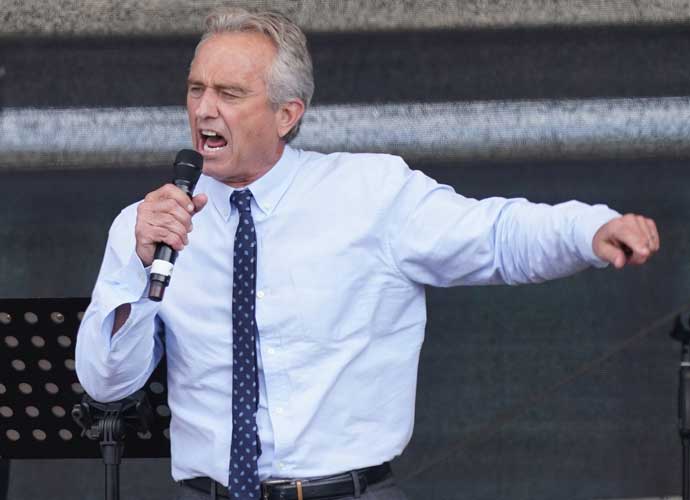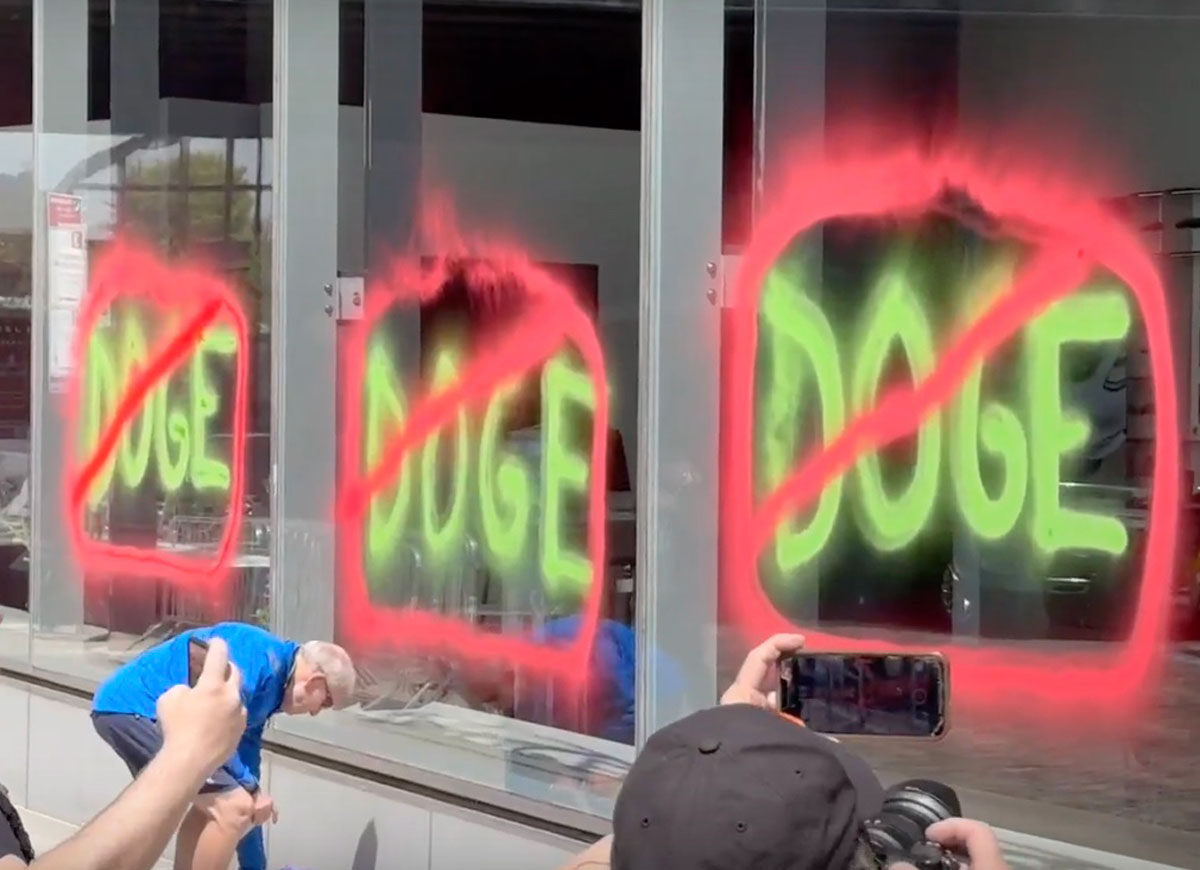Robert F. Kennedy Jr. Pushes Back Against Claims That His Comments Are Antisemitic
Robert F. Kennedy Jr., an independent presidential candidate, found himself on the defensive as he addressed allegations of antisemitism when he perpetuated baseless claims about Covid-19 and vaccines.
In an interview with CNN’s Kasie Hunt, Kennedy, a vocal opponent of Covid-19 vaccines and public health measures meant to curb the virus’s spread, tried to refute accusations that his previous remarks that linked Covid-19 to Jewish ancestry were antisemitic.
In July, Kennedy stated that Covid-19 was “ethnically targeted” to spare Ashkenazi Jews and Chinese individuals. While he acknowledged that some people might have been “disturbed” by his comments, Kennedy maintained that they were not antisemitic. He explained his hesitation to discuss the issue publicly and cited concerns that antisemitic individuals might exploit the information.
Kennedy also defended his remarks from 2022, in which he compared Covid-19 lockdowns to Nazi Germany and suggested that one could flee to Switzerland. At the time, his wife, actress Cheryl Hines, condemned the comments as “reprehensible and insensitive.” Kennedy disagreed with his wife’s criticism and claimed the media misconstrued his statements.
Although Kennedy has long spread misinformation about vaccine efficacy, he rejected the label of “anti-vaccine.” When confronted with a prior interview where he claimed that no vaccine was both safe and effective, Kennedy argued that his words were intended to advocate for further vaccine research. He conceded that he could have phrased it better.
Kennedy has been a prominent proponent of vaccine misinformation through his organization, Children’s Health Defense. He has erroneously asserted that hepatitis B vaccines cause more harm than good and voiced opposition to mandatory vaccinations for schoolchildren.
Despite his campaign against the two-party system, Kennedy acknowledged President Joe Biden‘s legitimate victory in the 2020 presidential election. However, he suggested that there were concerns about the election system, although he had not thoroughly examined claims of fraud.
While Kennedy defended the right of individuals to question election legitimacy, he differentiated former President Donald Trump‘s attempts to overturn the election results from the concerns expressed by ordinary citizens. Kennedy maintained that people with questions should be allowed to present evidence and engage in a civil debate on the matter.
Kennedy recently came under fire after new details about his close friendship with known sex offender Jeffrey Epstein were brought to light.
RELATED ARTICLES
Get the most-revealing celebrity conversations with the uInterview podcast!







Leave a comment